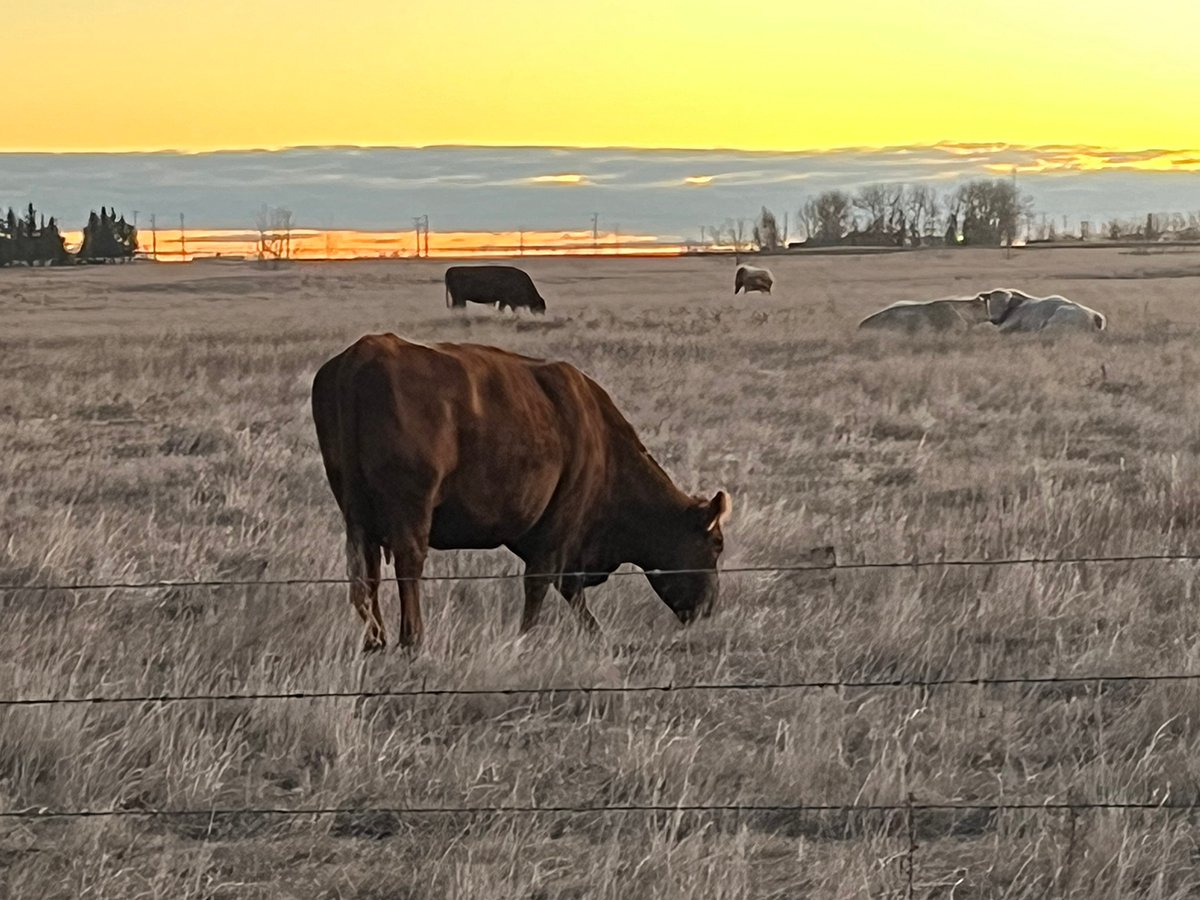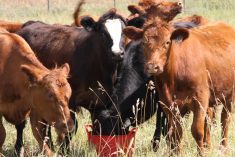RED DEER – Raising dairy calves in small groups rather than individual pens could improve their overall health and growth, says an Agriculture Canada researcher.
Young calves can be reared successfully in small groups with computerized feeders that dispense milk and grain. But few North American producers use these systems, said Anne Marie De Passille, at the recent western Canadian dairy seminar. She works on welfare and behaviour of dairy calves at the research centre in Lennoxville, Que.
Group housing of fewer than 10 calves per pen with access to a computerized feed system works best when the calves have had adequate colostrum to pick up essential antibodies early in life.
Read Also

Animal protection delivery to change in Saskatchewan
The Saskatchewan government is looking for a new agency to handle animal welfare after Animal Protection Services of Saskatchewan decided not to renew its contract next year.
She said calf deaths due to respiratory problems and diarrhea ranges from six to 13 percent. Low quality milk replacer, unclean milk mixing equipment and poor ventilation and hygiene in the calf barn are among the causes of diarrhea in young dairy calves.
Other problems for dairy calves are hunger and cross sucking. In natural conditions a calf nurses six times a day, taking about 10 kilograms of milk from the cow.
“What we’re doing in North America is feeding twice a day and only providing half of that milk,” she said.
Producers need to feed these young calves more to encourage better frame growth, earlier calving and better milk production in their first lactation as heifers.
A study of calves that had the freedom to feed when they wanted with computerized milkers showed improved feed efficiency, better growth and less sucking on each other.
Cross sucking is not a normal behaviour and could lead to injuries, urine drinking and infections. There is less of this problem with calves that suck on the dam or receive more feed. A dry rubber teat could be used to satisfy their need to suck.
“We find most of the cross sucking is occurring right after the morning and afternoon meal. If we offer the calf a dry teat after the meal, they will suck on it rather than the calf,” she said.
Sucking is part of healthy development for mammals. If calves are observed waiting to get to a milk feeder and seem to make many visits, they are likely not getting enough to eat.
“Calves are telling us they are hungry in a number of ways when we are feeding them a low level of intake,” De Passille said.
Group housing also gives calves more exercise and more socializing so they are used to being with others when they are released among the adults.
“In individual pens they really don’t have much room,” she said.
In addition, public pressure is growing for more group housing as opposed to individual pens.
Providing enough milk early on is necessary for the young calf’s development into a large, framed tall heifer, said animal nutritionist Michael Murphy of the Swedish farmer co-operative Lantmannen.
A newborn calf is not a ruminant yet and it has difficulty digesting fibre. It can’t chew like an adult and does not have enough rumen bacteria for proper digestion.
“Milk does not develop the rumen. You have to have solid feed to develop the rumen,” said Murphy.
Rumens take 17-18 weeks to develop fully and up to 34 weeks to get the correct bacteria working.
When calves are moved to starter rations, they require protein for growth, some fat to stimulate feed intake, as well as fibre. Starch is also needed to get rid of volatile fatty acids and develop the rumen wall.















